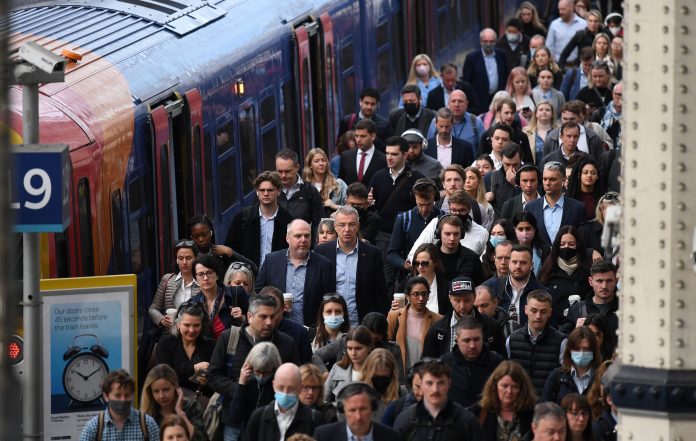Britain’s Defence Secretay Jeremy Hunt has defended plans to slash civil service jobs to increase defence spending and Ukraine aid. He said cutting public services will cost “a great deal less” compared to allowing Russia to succeed. The government has pledged to increase UK military spending to 2.5% of national income by 2030.
Mr Hunt confirmed the increase will cost an extra £20bn, which unions claim will be funded by cutting 70,000 jobs. Downing Street said the plans would be funded through existing commitments to reduce the civil service headcount to pre-Covid levels, and giving the ministry of defence (MoD) a share of an already-announced increase in government research spending. The Public and Commercial Services Union said cutting civil servants’ jobs to pay for higher defence spending would lead to longer waiting lists for new passports, driving tests and driving licence.
The announcement comes after Prime Minister Rishi Sunak confirmed the UK would provide an additional £500m for Ukraine this year, on top of £2.5bn already allocated. Mr Sunak added that the UK could continue to provide “at least the current level of military support to Ukraine for every year it is needed”.
Mr Hunt confirmed the spending, which will gradually increase over the next six years, would be £20bn more than if spending stayed at its current level of 2.3% of GDP. The additional funding will also help resource MoD programmes already under way – such as an order for new naval frigates, the development of a new fighter jet, and the modernisation of Britain’s nuclear weapons systems. These programmes are proving to be very expensive and the MoD has been struggling to make ends meet on its existing resources.
Labour’s shadow defence secretary John Healey said on Tuesday his party “wants to see a fully funded plan” to reach this level. But the Tories had “shown time and time again that they cannot be trusted on defence”, he added. He said Labour would review resources for the armed forces within a year of taking office, if it wins the general election later this year.




















